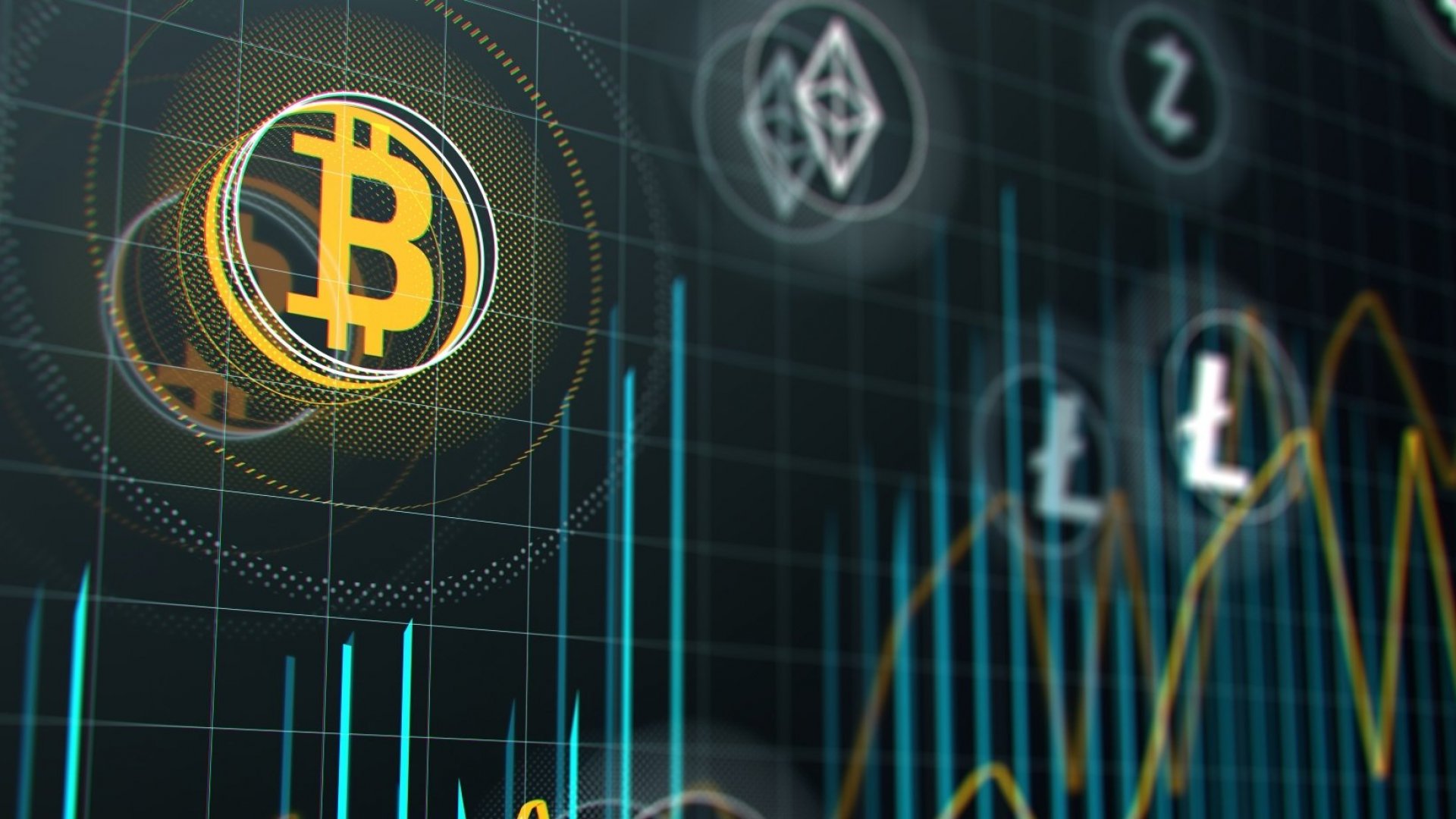How do I Choose a Secure Crypto Wallet?
A secure crypto wallet acts as your digital vault, protecting your investments from potential cyber threats and unauthorized access.

In the dynamic world of cryptocurrency, security is paramount. As the value and popularity of digital assets like Bitcoin, Ethereum, and other altcoins continue to rise, the importance of choosing a secure crypto wallet cannot be overstated. With a plethora of wallet options available, selecting the right one to safeguard your valuable holdings requires careful consideration. This article provides a comprehensive guide on how to choose a secure crypto wallet that ensures your investments remain protected.
As cryptocurrencies continue to make waves in the financial world, securing your digital assets is of paramount importance. A secure crypto wallet acts as your digital vault, protecting your investments from potential cyber threats and unauthorized access.

Understanding Crypto Wallet Security
Why Is Crypto Wallet Security Crucial?
The decentralized nature of cryptocurrencies means that once your assets are lost or stolen, they are nearly impossible to recover. Unlike traditional banks that offer reimbursement for fraudulent transactions, the irreversible nature of blockchain transactions means that prevention is the only effective strategy.
Key Factors in Evaluating Wallet Security
When selecting a secure crypto wallet, several key factors come into play, including the type of wallet, security features, reputation of the provider, and the level of control you have over your private keys.
Types of Crypto Wallet
Software Wallets
Software wallets, also known as hot wallets, are applications that run on your computer or mobile device. They offer convenience but may be more susceptible to online attacks.
Hardware Wallets
Hardware wallets, often referred to as cold wallets, are physical devices that store your private keys offline. They provide an added layer of security by minimizing online exposure.
Security Considerations for Software Wallets
Open Source Code
Opt for software wallets with open-source code, as this allows the community to review and identify potential security vulnerabilities.
Strong Authentication Measures
Ensure the wallet offers robust authentication methods, such as biometric recognition or complex passwords, to prevent unauthorized access.
Regular Updates and Maintenance
Choose a wallet that receives frequent updates and maintenance, as these updates often address newly discovered vulnerabilities and enhance overall security.
Security Considerations for Hardware Wallets
Offline Storage
Hardware wallets store your private keys offline, making them immune to online hacking attempts. This "air-gapped" approach significantly reduces the risk of unauthorized access.
PIN Protection and Physical Buttons
Hardware wallets often feature PIN protection and physical buttons that you must interact with to confirm transactions. This prevents remote hacking attempts.
Backup and Recovery Options
Look for hardware wallets that provide backup and recovery options, such as recovery seed phrases. These features help you regain access to your funds if your device is lost or damaged.
Additional Security Measures
Two-Factor Authentication (2FA)
Some wallets offer 2FA, which requires an additional verification step beyond your password. This adds an extra layer of security to your wallet.
Multi-Signature Support
Multi-signature wallets require multiple private keys to authorize a transaction. This feature is ideal for businesses and shared accounts, adding an extra level of security.
User-Controlled Private Keys
Select wallets that grant you full control over your private keys. This means that you, and only you, have access to your funds.
Researching Crypto Wallet Providers
Reputation and Track Record
Research the wallet provider's reputation and history. Look for established companies with a track record of security and transparency.
Community and User Feedback
Check online forums and communities to gather feedback from other users. This can provide insights into the wallet's performance and security features.
Development Team and Transparency
Learn about the development team behind the wallet. Transparency and the team's experience are indicators of a reputable provider.
Balancing Security and Convenience
While security is paramount, it's essential to find a balance between security and convenience. Evaluate your needs and consider factors like the frequency of transactions and the amount of funds you plan to store.
Choosing a secure crypto wallet is a critical step in ensuring the safety of your digital assets. By considering factors such as the type of wallet, security features, reputation of the provider, and user feedback, you can make an informed decision that aligns with your needs. Remember, the extra time and effort invested in selecting a secure wallet can ultimately save you from potential losses and headaches down the road.
What's Your Reaction?
















